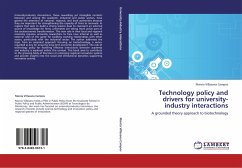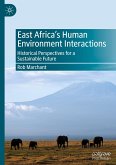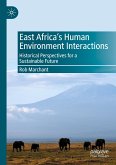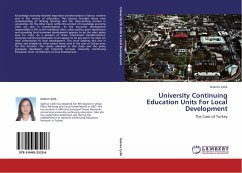University-Industry interactions, those rewarding yet intangible contacts between and among the academic, industrial and public sectors, have gained the attention of national, regional, and local authorities because they are important for strengthening the capacity of firms to innovate. In regions that seek to build a strong science base to represent an external source of knowledge for firms, universities are taking more active part of the socioeconomic transformation. This new role in their local and regional economy requires university researchers to face new internal as well as external rules of the game for building working relationships with other actors, particularly with the industrial sector. The author addresses the topic from an empirical approach focusing on biotechnology, a sector regarded as key for ensuring long-term economic development. The role of technology policy for fostering effective interactions between academia and industry is explored within this context.This book aims to contribute to the growing body of literature on emerging regional innovation systems and provide insights into the social and institutional dynamics supporting innovative activity.








